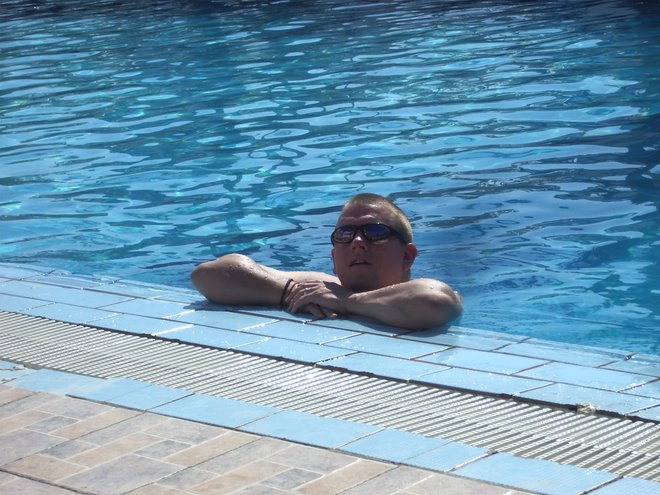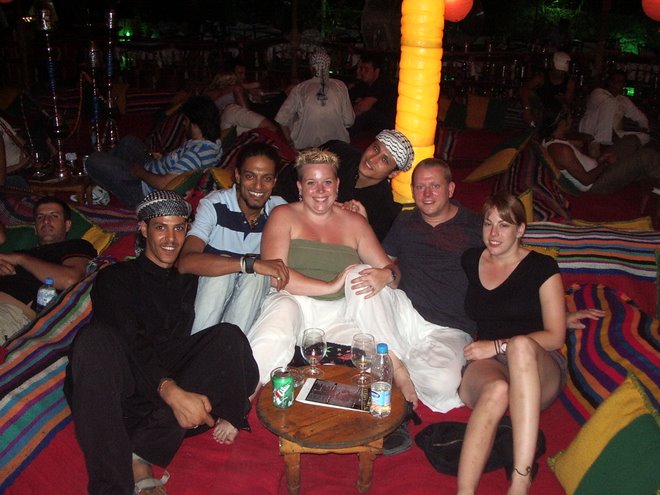I have just read this on a forum I post on and thought it was well worth noting for future reference. The first part in red is the question, the green section is the answer it received.
Ds1 is 12 and in year 7. The amount of homework he has is, in my opinion, way too much. He is spending hours on it at night, and it is encroaching on his time to do things like drum practice, as well as affecting his ability to cope. He has been rather upset at times, feeling absolutely inundated and snowed under. I don’t feel he should feel like that at his age, and worry that he will become disillusioned with it all by the time he needs to be focussed on it all for exams.
I went to see the pastoral manager for his year group today, and her attitude was that he should be doing 20 minutes per subject, and that is enough to get a COOLLS stamp (basically a tick from the teacher). Now, this seems to me that therefore they should just do the token amount to get the stamp, and not do work to the best of their ability, or take pride in their work, which Ds1 does do at the moment, and which is why he is feeling inundated. I put this to her, and her opinion was that it is to get them learning independently ( I didn’t point out to her that he does plenty of independent learning already at home, perhaps I should have!)
She suggested that he ought to be stricter in doing just what has been asked, and not taking on responsibilities of others, which I do agree with, but then with group work, when others are not pulling their weight despite frequent attempts to encourage them, how disheartening to put your all into it, to find the rest of the work will be letting you down, so he does extra.
I’m unsure what to say to ds1 now. If I say just do your allotted 20minutes, how does this instill pride in his work? But then it would ease the stress he is feeling at the moment.
If you have been able to make any sense of any of this, I would be grateful to hear your thoughts.
3x 20 min homework activities at this age is pretty standard. If it sets your mind at ease at all this was a very common problem when I was a Y7 Head of Year but it does get better as kids adapt to life at secondary school. Your son should do the work to the best of his ability but only what he can manage in the time given. No teacher wants a child to be tiring themselves out doing homework and making themselves stressed and miserable. They’re then too tired to learn effectively the next day.
Reassure your son that this is normal and all part of learning to adapt to secondary school and he isn’t the first person to struggle with this and his HoY has said it’s fine to just do 20 mins so he doesn’t need to feel stressed or worried.
I think the best way to approach this is help with time management. For a week or so sit down every evening with ds and look at each activity in turn and help him plan how much time he will allot to the different parts of a task and how long he can realistically spend on each bit if he only has 20 mins. Help him break the task down into manageable pieces and write down next to each bit how long he will spend doing that bit and stick to it. This is a skill that when cracked will be invaluable to him in the future.
Have a clock on the desk in front of him. You could also get a ‘traffic light’ type timer that you can programme (I got mine from a shop called Teaching Trends but they don’t seem to sell them in their online store so maybe google if you fancy one - they come into their own when doing practice papers later on so worth the investment.) It has three lights: green, amber and red so works as a visual cue to how the time is passing.
It may also help to think about handwriting for written tasks. While legible handwriting is always appreciated it doesn’t have to be perfect (and usually isn’t!!!!). Getting the task done is far more important at this stage than having it look beautiful. I’m not suggesting letting standards slip massively but it is something to think about in terms of speeding up - often handwriting slows kids down at this age. Underlining headings neatly shows care for presentation. The same applies to typing - learning to touch type helps kids enormously and it is absolutely fine for an adult to type-up something that has genuinely been dictated by the child while their typing speed is improving but do put a note on that it has been typed by an adult.
If doing a worksheet that gives the available marks for each question, make sure he only gives enough points to gain that number of marks as there aren’t any extra marks available.
If doing Maths or Science questions that don’t require lots of writing, simply do 20 mins then stop. This is also an indicator to the teacher of how your son is coping so is important information. If he spends an hour answering 10 questions but the teacher assumes he has only spent the allotted 20 mins, he won’t receive the help he may need.
It sounds like your son is very conscientious which his teachers will be aware of therefore if your ds is unable to finish a piece of work simply write a little note explaining that this is how much he managed in the 20 mins given and it shouldn’t be a problem. If another 5 mins or so will finish it, that’s fine, keep going but if it’s going to take hours, stop.
Also, just a thought, but where does your son do his homework? Perhaps try a different place - if he’s on his own in his room, try him at the kitchen table where you can keep an eye on him or equally, if he’s at the kitchen table, move him to his room where he can have silence. Worth a try - we all find out where and how we work best by trial and error. I need silence and isolation, my big bro liked loud music to help him concentrate…cue fireworks in our house years ago!
It is very common for kids to need help learning how to speed up and manage time efficiently when moving up to the secondary phase. Homework is set not just for consolidation or to prepare for the next lesson but also to allow the teacher to assess how your child can cope independently so it is often really helpful to see what is actually achieved in 20 mins of concentrated attention. It may possibly be a good pointer to teachers that certain tasks set aren’t manageable in 20 mins and need addressing as each cohort can be different. You have the assurance of his pastoral manager (good grief - I feel really out of date calling myself a HoY!!) that this is ok so there shouldn’t be any come back for your son.
Sorry for the long post! Hope this helps.
Good luck!
xx
ETA: I am very anti-homework in the primary phase but as a Secondary teacher I feel it is a really useful tool in monitoring learning. As a teacher of English I saw each class for just three hours a week. Homework was a really good way to check understanding of individuals so that one would never assume something had been understood because a child could do something in class or didn’t ask a question but then struggled at home. Homework responses inform where the teacher goes next. For example, has something been understood or does it need reviewing? Someone raises an interesting point I hadn’t thought of - let’s talk about this next lesson. Everyone seems to have got the hang of a point but Johnny hasn’t so I’ll go over it again with Johnny in a quiet moment. It informs responsive, reflective, individualised practice.
Also ETA: Learning to find balance in life is such an important lesson that some of us never quite manage to get the hang of, so if you can encourage your son to get the homework done in the right time and then enjoy his evening doing things he loves that would be a brilliant gift. (Thinking of my dh who thinks if he’s awake he should be working due to his strict upbringing!!!) Fun and laughter are important too! xx




